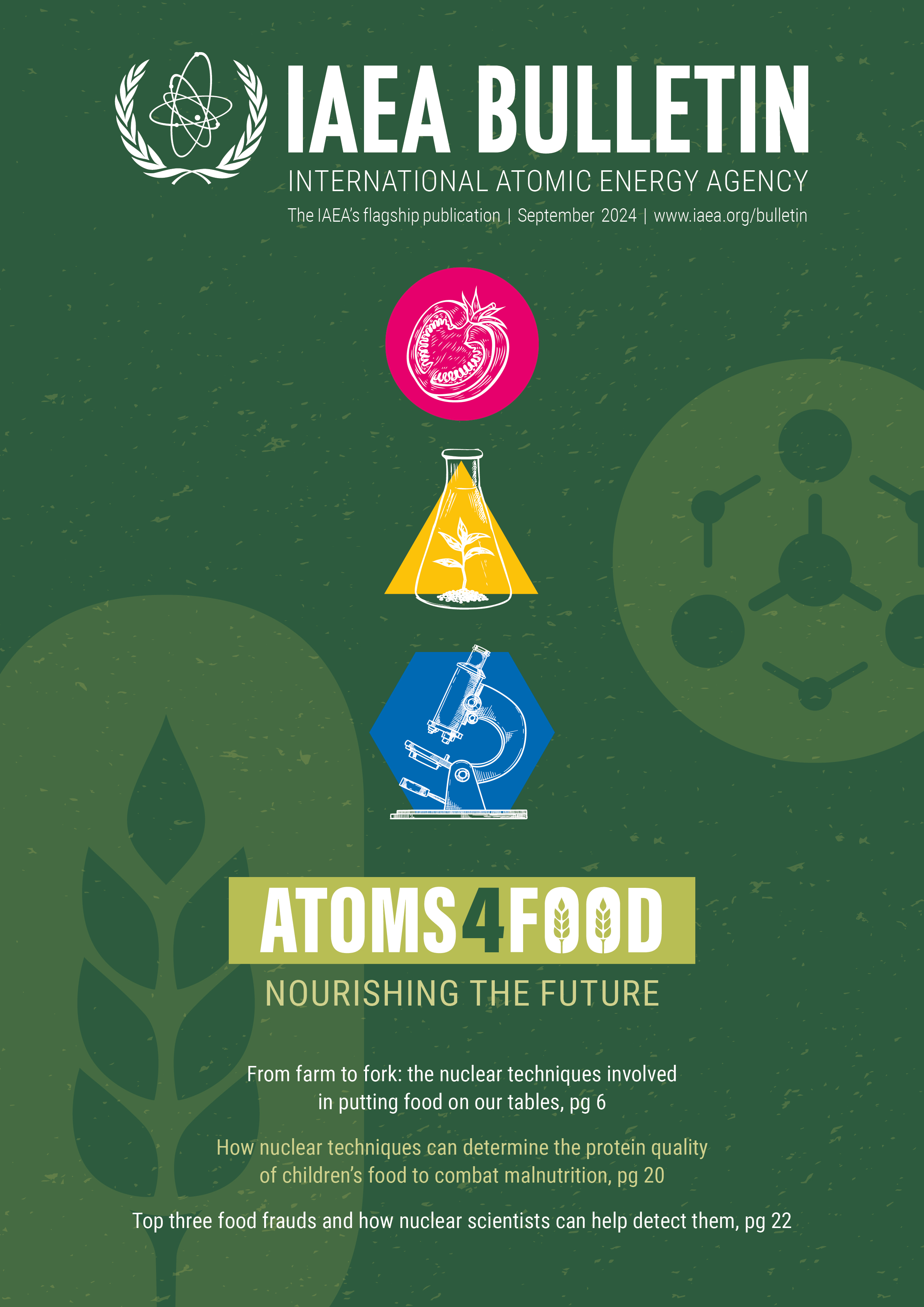(This article was originally published in the September 2024 IAEA Bulletin)
Since human beings came into existence, they have relied on the ocean as a source of sustenance. Today, more than three billion people depend on seafood and ocean products, also known as ‘blue food’. To ensure food security, these people need a supply of seafood that is healthy and safe to eat. However, the safety and sustainability of ocean-based food products are contingent on a healthy ocean and sustainable ocean management.
The ocean is heavily affected by climate change, pollution and biodiversity loss. Pollutants released from industrial and agricultural activities, ocean acidification resulting from excess carbon emissions, ocean warming and microplastic pollution place marine ecosystems under huge strain. Each of these stressors will have negative impacts on seafood safety and security; in combination, they can wreak havoc. Small island developing States (SIDS) are particularly at risk, as their economies are heavily dependent on the ocean for food security and employment. Furthermore, the ocean is fundamental to their cultures and way of life. The lack of resources and institutional capacity to address the threats posed by multiple stressors compounds this vulnerability.
To support countries, and SIDS in particular, in addressing coastal and marine pollution, the IAEA Marine Environment Laboratories in Monaco apply cutting-edge nuclear and isotopic techniques that allow countries to accurately monitor pollution, minimize the impact of polluting incidents and mitigate the effect of climate change on local populations. Using these techniques, the IAEA provides data on the potential impacts on ocean and human health and disseminates the knowledge necessary for the development of mitigation methods. The IAEA’s NUTEC Plastics initiative addresses the global challenge of plastic pollution on two fronts: at the point of source, by introducing new technologies to improve plastic recycling; and by identifying, tracing and monitoring plastics in the ocean, where the bulk of plastic waste ends up.
Nuclear technology complements conventional scientific techniques by assessing multiple stressors simultaneously — a key advantage for countries with reduced scientific capacity.

